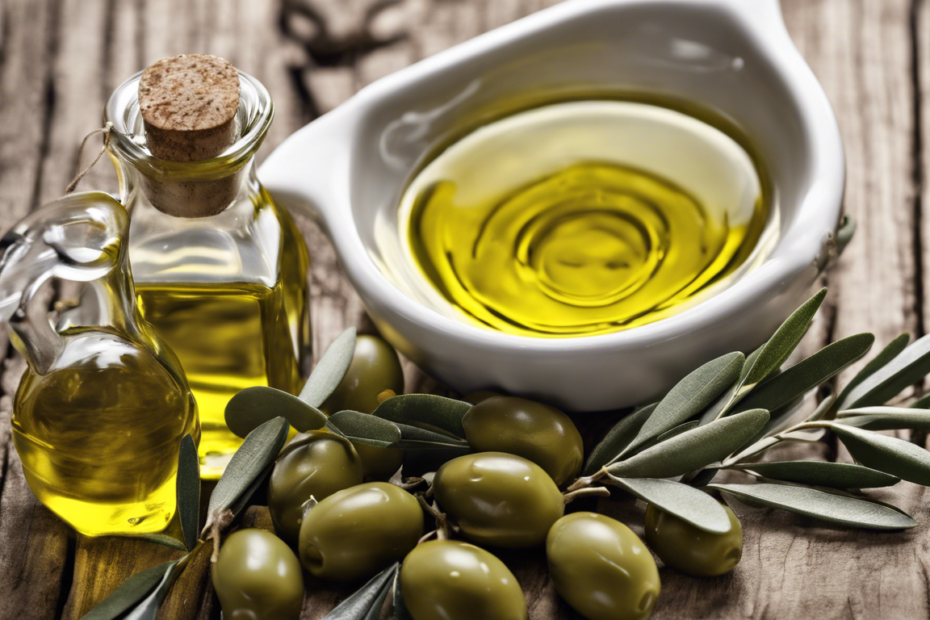Extra virgin olive oil is often touted as a superfood, but some folks are left wondering: is extra virgin olive oil bad for your health?
In this article, we’ll dive into the nutritional profile, explore its health benefits, and unpack any potential risks associated with this beloved cooking oil.
Plus, we’ll share insights from experts to help you separate fact from fiction and make informed choices about your kitchen staples.
Potential Risks and Concerns
When it comes to the health benefits of extra virgin olive oil, it’s not all smooth sailing.
Sure, it’s often praised for its heart-healthy fats and antioxidants, but some folks might wonder, is extra virgin olive oil bad for your health?
One potential concern might be the high calorie content—just a tablespoon packs around 120 calories, so if you’re drizzling it generously, those calories can sneak up on you.
Additionally, while it’s generally considered healthier than many other oils, heating it to high temperatures (like frying) can make it less stable, potentially forming harmful compounds.
Also, there’s the quality factor; not all extra virgin olive oils are created equal.
Some may be cut with lower-quality oils or may even be rancid if they’re not stored properly.
So, while it can definitely be part of a healthy diet, it’s important to use it wisely and be mindful of how much you’re consuming.
Expert Opinions and Research Findings
When it comes to the health effects of extra virgin olive oil (EVOO), expert opinions and research findings paint a pretty glowing picture, largely debunking the myth that it could be bad for your health.
Many nutritionists and health experts agree that EVOO can actually be beneficial thanks to its high levels of monounsaturated fats and antioxidants, like oleocanthal, which have been linked to reduced inflammation and heart disease risk.
Studies show that people who regularly consume EVOO tend to have lower rates of chronic illnesses compared to those who opt for more processed oils.
Sure, it’s still important to use it in moderation, as it’s calorie-dense like any oil, but most research highlights that thin drizzling over salads or dipping with fresh bread can be part of a healthy diet.
So, rather than worrying if extra virgin olive oil is bad for your health, it might be time to put that worry aside and embrace it as a flavorful, heart-healthy addition to your meals!
Frequently Asked Questions
What are the health benefits of using extra virgin olive oil?
Extra virgin olive oil is rich in monounsaturated fats and antioxidants, which can help reduce inflammation, improve heart health, and lower the risk of chronic diseases.
Can extra virgin olive oil cause weight gain?
Like any oil, extra virgin olive oil is calorie-dense.
However, when used in moderation as part of a balanced diet, it does not necessarily lead to weight gain and can actually support healthy weight management.
Is extra virgin olive oil safe for cooking at high temperatures?
While extra virgin olive oil has a relatively lower smoke point than some oils, it remains stable for cooking at moderate temperatures.
It’s ideal for sautéing or drizzling over cooked dishes rather than for high-heat frying.
What are some potential risks associated with extra virgin olive oil?
Some potential concerns include the risk of overconsumption due to its high-calorie content and possible adulteration with lower-quality oils.
It’s important to buy high-quality, certified extra virgin olive oil to avoid these issues.
What do experts say about the health implications of extra virgin olive oil?
Many health experts and studies suggest that extra virgin olive oil can be beneficial for overall health, particularly in moderation within a Mediterranean diet, which is linked to numerous health benefits including heart health.


